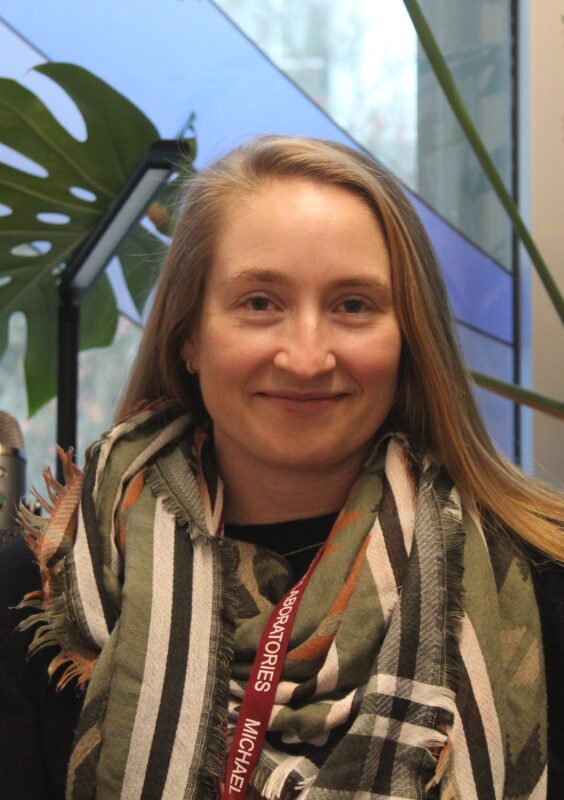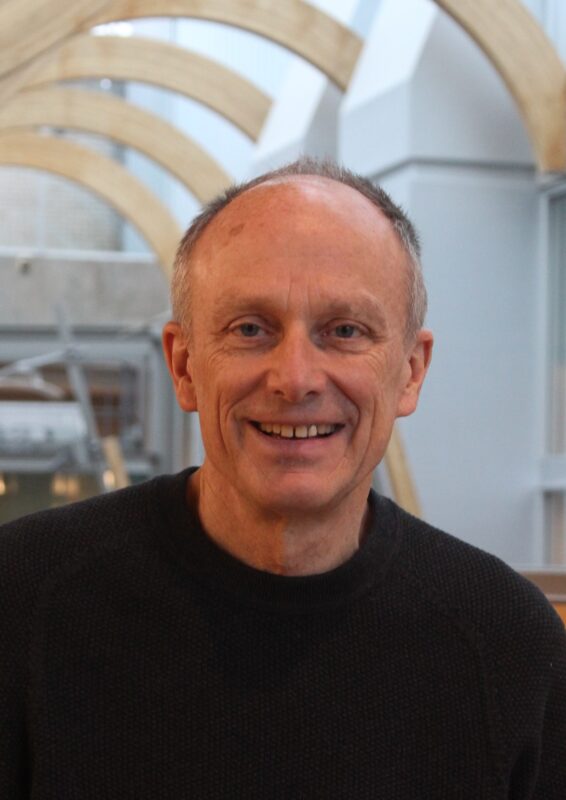Newsroom
Research Hats: Conversations with Faculty
Writing and photography by Michelle Ng from the Marra Lab, Michael Smith Laboratories
Our website states that the Michael Smith Laboratories is “where biotechnology research and educational outreach converge to inspire creative ideas for a better world.” It outlines our commitment to community impact as well as research excellence. Aligned with this mission, our members have been involved in numerous science education and outreach initiatives over the years. Following up on themes introduced in the first article of this series, which invited us to reflect on the variety of roles we play (or “hats we wear”) in science and society, I approached two faculty members for their thoughts and reflections. Coming from two investigators at very different stages in their careers, I enjoyed seeing the connections and contrasts between their perspectives. In both cases, mentoring and fostering a supportive environment emerged as major areas where they concentrate their energies and realize positive impact, with an eye to future generations.

Dr. Anna Blakney
Dr. Anna Blakney joined the department as an Assistant Professor in January 2021, in the midst of the COVID-19 pandemic. In addition to her pioneering research on bioengineering RNA-based vaccine formulations, she is known for her science communications activities, in particular her TikTok channel addressing vaccines, COVID-19, and lab life with a following of over 250,000. In her position as an Assistant Professor, Dr. Blakney fulfills a variety of roles, which she describes in three main flavours: research, teaching, and service to the university.
“For the research aspect, I act as a scientist, mentor and general supporter of my lab, whether it’s with funding, ideas, or feedback. With the teaching aspect, I act as an educator to share my knowledge and inspire students about biomedical engineering. As to my service to the university, I support the activities that make UBC run, and hopefully a better place, and communicate our research to the general public.”
Dr. Blakney’s commitment to teaching and mentoring is evident in all her responses, especially when asked whether she sees one of her roles as the most impactful, natural, or favourite.
“I think our most impactful work as faculty members is through teaching and mentoring. Although hopefully our research has a positive impact on humanity, we are able to realize a positive impact on those around us daily through teaching and mentoring students. If this is a positive experience, then people remember this and pass it on.”
When asked about advice for upcoming generations of scientists, she challenges us, “what would you do if you weren’t afraid?” On being a member of the scientific and global community, she reminds us that we are more similar than we are different.

Dr. Brett Finlay
Dr. Brett Finlay is a senior investigator and distinguished scientist, and longtime member of Michael Smith Laboratories. His research investigates how microbes contribute to human health and disease – knowledge which he has shared in a variety of communication formats, including books, interviews, a podcast, a documentary, and many editorials and talks. He is an Officer of the Order of Canada, Member of the Order of British Columbia, and Fellow of the Royal Society of Canada and Canadian Academy of Health Sciences. Over the course of his accomplished career, Dr. Finlay has held many roles.
“I ran a very large lab for many years (over 100 trainees), sat on very high-level committees, chaired grant panels, co-founded several biotech companies, consulted for several companies…in each of these roles, I have aimed to foster great science, train the next generation, and try to improve the science funding climate.”
Dr. Finlay also highlights mentoring as his favourite and most impactful role. Over 75% of postdocs from his lab are now in faculty positions around the world and other leadership positions in science. In terms of the scientific legacy of his generation, Dr. Finlay speaks about his hopes for the research ecosystem they will leave behind.
“I am winding down but hope that we can leave a healthy science research environment for the next generation. Science will no doubt have a major role in shaping humanity’s future, and we need real scientists.”
He advises upcoming generations of scientists to “work hard, play hard” and concludes by reminding us “make sure you give back as well as take.”